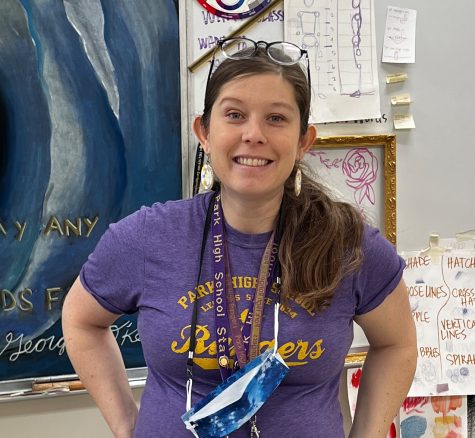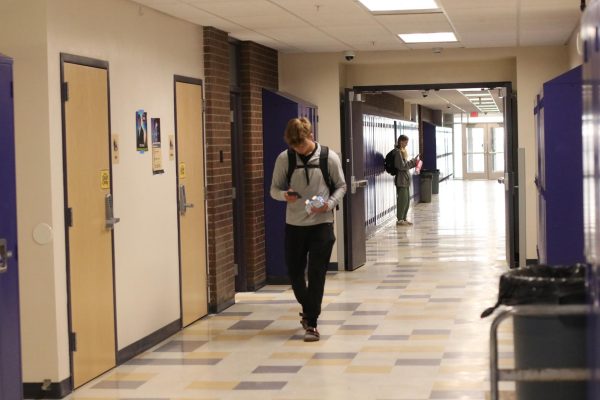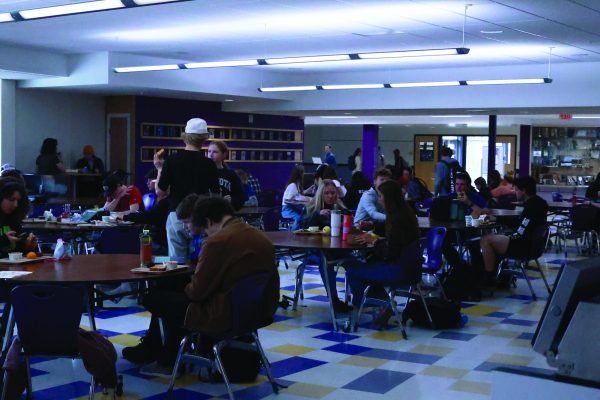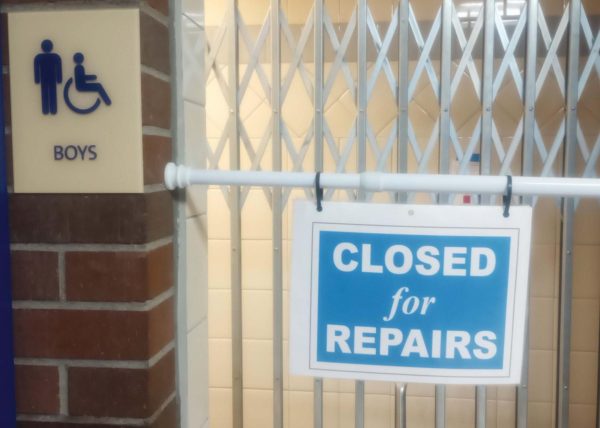Mental Health Needs to Be Discussed
These past few years have been really hard for everyone, especially teenagers and young adults. Mental health problems emerged more prominently. Over 6,000,000 people died from COVID-19 according to the World Health Organization (WHO) and life in general became a lot more uncertain. A disease put the entire world on lockdown for a year and even now, two years later, the world continues to deal with the devastating economic damage the pandemic caused.
The Centers for Disease Control and Prevention defines mental health as “[including] our emotional, psychological, and social well-being,” also affecting the way we think, feel, and act. The Substance Abuse and Mental Health Services Administration further asserts “Young people face a variety of life challenges that can affect their mental health use or abuse of alcohol and other drugs.”
The pandemic affected everyone in different ways, but it impacted students the most. As a result, teachers witnessed how the pandemic impacted and continues to impact students’ mental health on a daily basis. Drew Fuller, a math teacher at Park High School, says “We as humans need that social interaction and the pandemic shut that off. While that was detrimental to everybody, students got hit arguably the hardest.”
Furthermore, Sarah Mussetter, an art teacher at Park High School, says “One of the best things about being a young person is hanging out with your friends and the pandemic pulled that away.”
Specifically, as a result of 6,000,000 deaths due to COVID-19, many people grieved lost family members. Even though the pandemic started two years ago, that grief still feels very fresh and heart wrenching. Dr. Chris Spromberg, Livingston Health Care’s clinical psychologist, says “Grief is a super complex process that we as Americans don’t do well. We need to go through the stages, we need to have feelings.” Holly Sinkiewicz, Livingston School District’s school nurse, says, “The most important thing with grief is to have no timeline.”
Personally, I experienced a lot of grief seven months ago when I lost a very dear loved one. The grief I feel becomes overwhelming sometimes, even seven months later. Especially with the current climate of the world, grief in any capacity is understandable. Whether you are grieving the loss of a loved one, or if you are grieving the fact that there are other people who have lost loved ones, your grief is valid and do not let anyone tell you differently.
There is a lot to be depressed about in the world and there is no shortage of sadness in the world. I am not going to tell you to just “be happy” because that is not how depression works. I will tell you, however, that whatever way you feel is valid.


Finally, your friend’s broken arm does not mean your twisted ankle cannot hurt. Do not compare your trials to others’ trials, even though it may seem tempting. “They have it so much worse than me. I should not feel sad,” you may think. No trials are more important than others. While it may feel hopeless right now, just remember, you cannot have the rainbow without a little rain.




